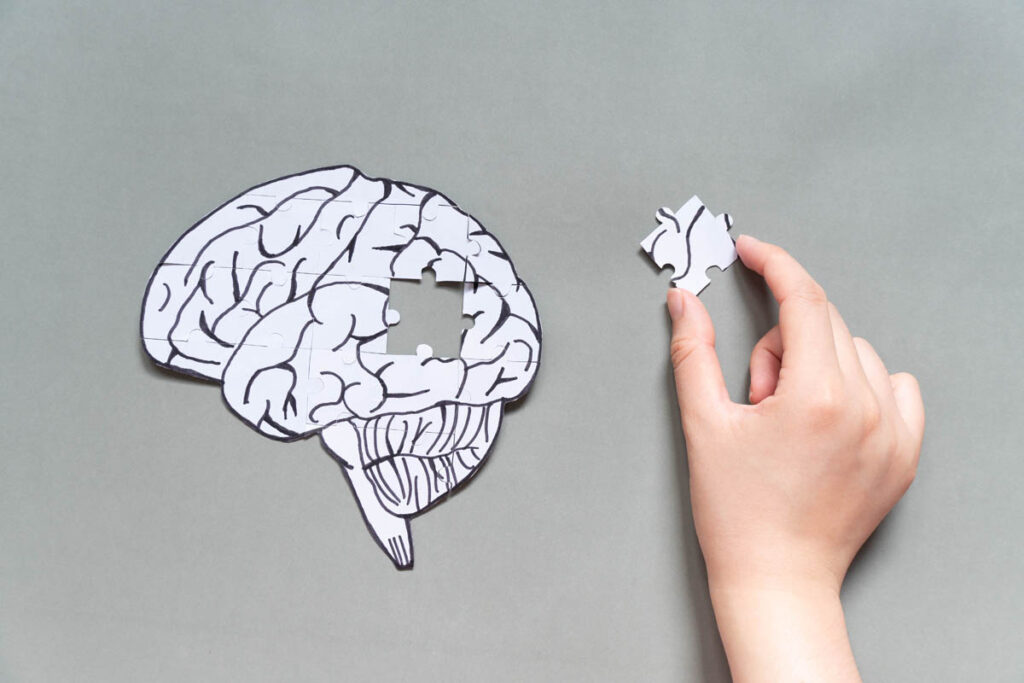Dementia is a term that many people are familiar with, but not everyone completely understands it. Yet, its impact on the elderly population and their families is significant. But does dementia affect elderly people only?
Westminster Place offers memory care services in Longview, Texas. Memory care services are designed to help those diagnosed with dementia, Alzheimer’s disease, and other forms of cognitive decline. These services provide not just physical care but emotional and mental support to those affected by these conditions. Help your loved one find access to the memory support they need by calling 903.329.6520.
Does Dementia Only Affect the Elderly?
While it’s true that dementia is more common in older people, it’s not exclusively an age-related disease. Early-onset dementia can affect people in their 40s and 50s, although this is less common. The risk of developing dementia does increase with age, but it’s important to remember that not all elderly people will experience it.
Different Types of Dementia
Dementia is a general term for a group of conditions characterized by a decline in mental ability severe enough to interfere with daily life. Here are a few of the most common types:
- Alzheimer’s disease – The most common type of dementia, Alzheimer’s accounts for 60-80% of cases. It primarily affects memory at first, but also leads to difficulty with planning, problem-solving, and even personality changes over time.
- Vascular dementia – Often occurring after a stroke, vascular dementia involves impairments in thinking and reasoning due to brain damage from impaired blood flow to your brain.
- Lewy body dementia – Characterized by protein deposits in nerve cells, this type of dementia leads to a progressive decline in mental and physical abilities.
- Frontotemporal dementia – This form of dementia involves the progressive atrophy of the frontal or temporal lobes of the brain and includes several subtypes itself.
- Parkinson’s disease – Although not strictly a form of dementia, this chronic neurological disorder can lead to dementia in its later stages.
While all forms of dementia are serious and can be difficult to live with, it’s important to remember that there is help available. Memory care services, medication, and lifestyle changes can go a long way toward improving the quality of life for those affected by dementia.
Dementia vs. Alzheimer’s: What’s the Difference?
The main difference between dementia and Alzheimer’s lies in the fact that Alzheimer’s is a specific disease, while dementia is a broad term for symptoms that affect memory, communication abilities, and daily life. Alzheimer’s is a cause of dementia, but not all dementia is Alzheimer’s.
Signs of Dementia
While symptoms can vary greatly, at least two of the following core mental functions must be significantly impaired to be considered dementia:
- Memory
- Communication and language
- Ability to focus and pay attention
- Reasoning and judgment
- Visual perception
People with dementia may have problems with short-term memory, keeping track of a purse or wallet, paying bills, planning and preparing meals, remembering appointments, or traveling out of the neighborhood.
Finding Care for Dementia
When it comes to caring for a loved one with dementia, it’s crucial to find the right support. This could be in the form of home care services, adult day care centers, or residential care homes. You can also seek advice from healthcare professionals, social workers, and organizations specializing in dementia care.
Remember, it’s not just about finding the right care for the person with dementia—caregivers need support too. Support groups, respite care, and educational resources can be invaluable in helping you navigate through this challenging journey.
Help Your Loved One with Memory Care at Westminster Place
At Westminster Place, we understand how dementia affects elderly people and their families. Our memory care services are designed to provide not just physical but emotional and mental support as well. We empower people to live life to its fullest while giving their caregivers peace of mind.
Find the support your loved one needs by calling 903.329.6520 or completing our online form.

